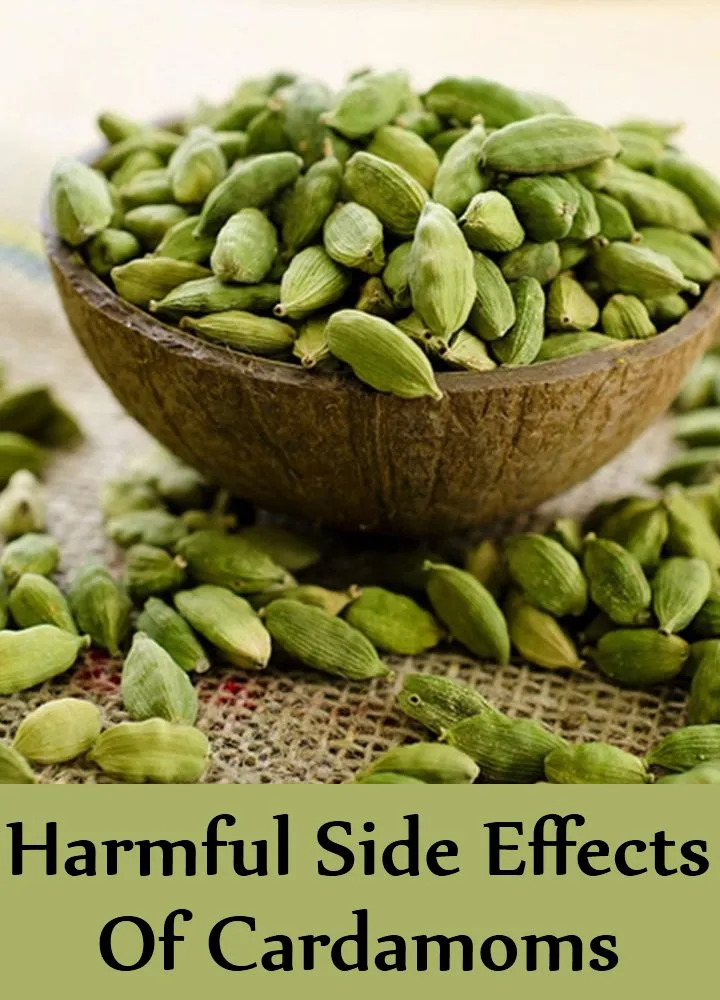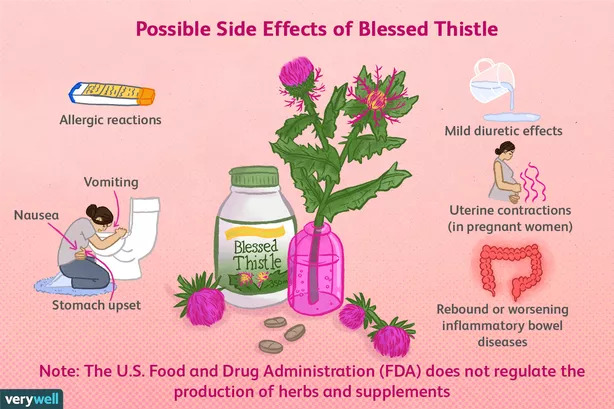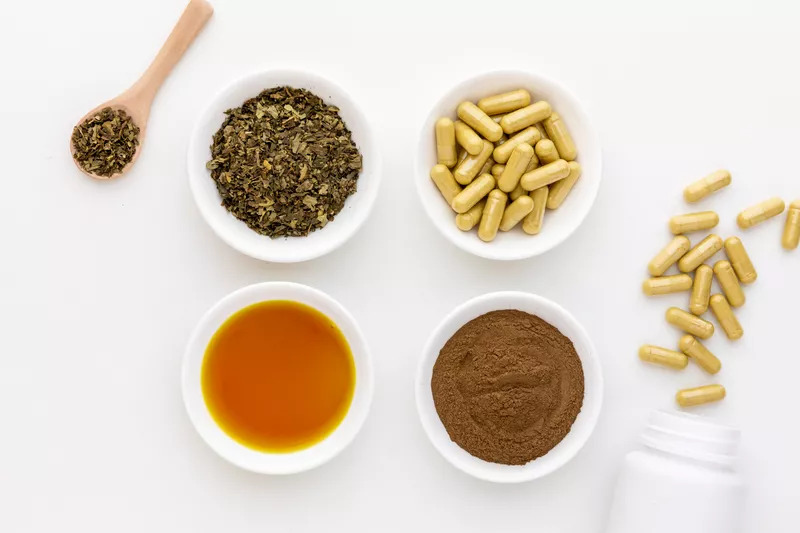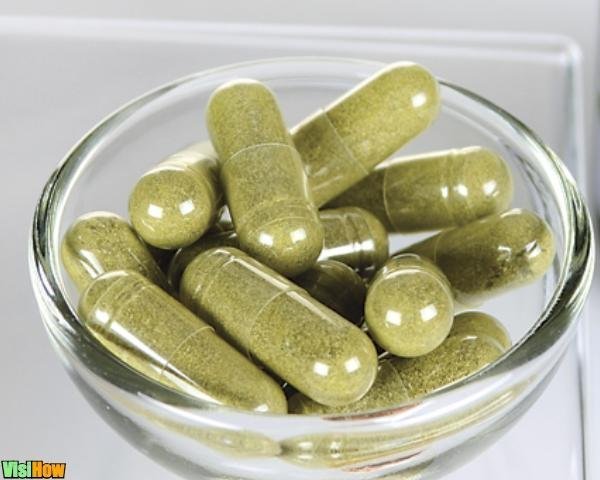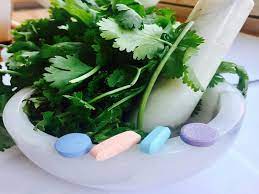Can a pregnant or breastfeeding woman consume Amalaki?
Amalaki Interaction with Drugs
Interaction of a substance generally refers to a potential risk that could develop inside the human body when two or more drugs, products, or medical conditions, interact with one another in a negative manner that could result in certain unwanted health conditions.
Natural products such as Amalaki are generally considered safe when taken in food amounts but might be harmful when consumed as a medicine amount like supplements. If an individual is medicating with certain medical drugs to treat any condition, there might be a possibility of interaction between those drugs and this herb or its supplement.
- Antiplatelet/Anticoagulant drugs– Intake of Amalaki along with drugs that resist blood clotting could increase the risk of bruising and bleeding due to lower blood clotting than usual. Drugs that decreases the blood clotting includes clopidogrel (Plavix), enoxaparin (Lovenox), warfarin (Coumadin), aspirin, dalteparin (Fragmin), heparin, ticlopidine (Ticlid), and several others.
- Antidiabetic Drug– Antidiabetic medicines are used to lower the blood sugar level of the body. Amalaki might also decrease the blood sugar level of the body. Combination of both might result in abnormally low blood sugar levels than usual causing complications. It is recommended to keep a frequent check on the blood sugar level when consuming Amalaki along with antidiabetic drugs or avoid it. Such antidiabetic drugs include glimepiride (Amaryl), insulin, pioglitazone (Actos), chlorpropamide (Diabinese), tolbutamide (Orinase), glyburide (DiaBeta, Glynase PresTab, Micronase), metformin (Glucophage), rosiglitazone (Avandia), glipizide (Glucotrol), and several others.
- Aspirin– Consuming aspirin might slow down the blood clotting. Amalaki might also decrease the clotting of blood. Therefore, consumption of both might cause an increased risk of bleeding that could result in complications.
- Clopidogrel– Consuming aspirin might slow down the blood clotting. Amalaki might also decrease the clotting of blood. Therefore, consumption of both might cause an increased risk of bleeding that could result in complications.
Precautions and warnings before using Amalaki
Although being a natural herb that is used for a number of medical applications, there are certain medical conditions in a human body in which intake of Amalaki must be limited or avoided in order to prevent complications. Interference of this herb could result in worsening of certain medical conditions or might cause other unwanted conditions. Such medical conditions includes:
- Pregnancy– Amalaki is generally safe when consumed in a food amount. There is not enough evidence regarding safety of mother or nursing child during pregnancy and consuming Amalaki. Therefore, it is advisable to avoid using this herb during pregnancy.
- Breastfeeding– Amalaki is generally safe when consumed in a food amount. There is not enough evidence regarding safety of mother or nursing child while breastfeeding and consuming Amalaki. Therefore, it is advisable to avoid using this herb during breastfeeding.
- Surgery– Consuming cumin might interfere with blood sugar level and bleeding. This could make the condition worse during and post surgery. It is instructed to avoid consuming Amalaki 2-3 weeks before undergoing any surgery.
Side effects of using Amalaki
Interaction of Amalaki with several medical drugs, overdose, or no precautionary actions against several medical conditions might cause certain unusual or allergic side effects and condition in a human body that includes:
- stomachache
- diarrhea
- bloating
- low blood sugar level (Hypoglycaemia)
- Bleeding/bruising
There could be more side effects not mentioned in the above list. An individual must make sure to consume Amalaki with proper precaution and avoid interaction in order to prevent side effects. However if side effects are observed, it is advisable to contact a doctor or get immediate medical attention as soon as possible if necessary.
REFERENCES:
- https://www.verywellhealth.com/what-is-amalaki-1944986
- https://chopra.com/articles/what-is-amalaki
- https://himalayawellness.in/products/amalaki
- https://www.banyanbotanicals.com/info/plants/ayurvedic-herbs/amla-amalaki/
- https://www.webmd.com/diet/health-benefits-amla
- https://www.healthshots.com/healthy-eating/superfoods/side-effects-of-amla-and-who-should-not-consume-it/
For more details, kindly visit below.
Search this blog by following keywords also women breastfeeding their babies | breastfeeding newborn | breastfeeding help | breastfeeding benefits | breastfeeding information | breastfeeding time | lactating mother diet chart | woman breastfeeding

